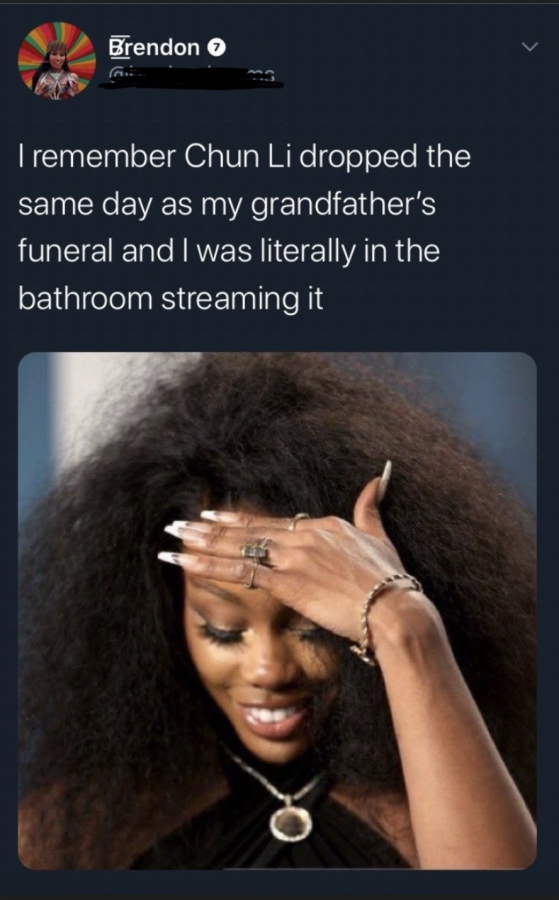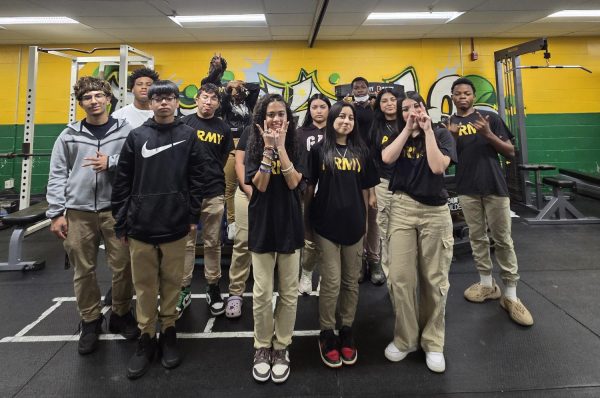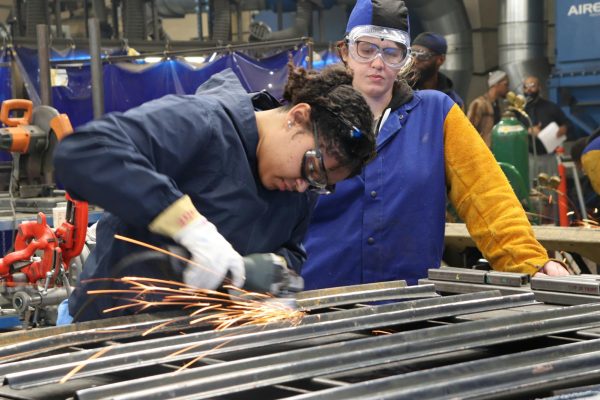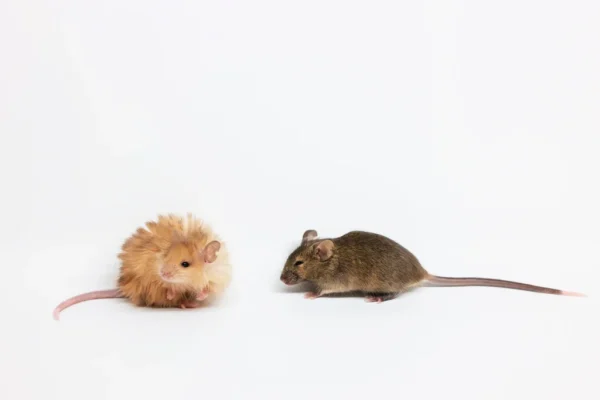Fans’ obsession with celebrity lives could mean they are ‘parasocial’
From fans fiercely defending their idols on twitter to leaking someone’s address for criticizing their favorite artists, and fans living through their idols, the internet has seen its fair share of fans displaying aggressive, obsessive, and downright disturbing behavior in regards to their favorite artists.
The rise of social media has only supported this type of behavior even further as fans can now get constant updates of their favorite artists or find communities revolving around their idols. This is also supported by a CNN health report in 2019 showing that U.S teens on average spend seven hours a day on their phone for entertainment. Forbes reports that in 2020 the average user spent 4.6 hours on their mobile device. With many people spending an excessive amount of time on their phones, some fans can be seen displaying behaviors online that could be signs of a Parasocial relationship.
The term “parasocial” has seen some uptick lately with twitch streamer, Nmplol, after stating that he does not want a parasocial relationship with his viewers. He even made an emote in his chat named “parasocial”, which is meant to mark when a viewer thinks they know his personal life or acts as if they have known him.
The term parasocial was first coined in 1956 by professors Donald Horton and Richard Wohl of Yale university. The term “parasocial”, defined by findapsychologist.org, describes a one-sided relationship where one person expresses their emotional energy, interest and time while the other person is completely unaware of their existence. This type of relationship is often associated with celebrities or content creators.
However, the question is why are these forms of relationships still in the air? Findaphyscologist.org reports that people engage in these relationships for the sense of companionship, loyalty, affection, gratitude, longing and encouragement. Furthermore, the Oxford reference states that some people may be engaged in a parasocial relationship for the illusion of intimacy and friendship. These relationships can also come in other forms, including detachment, analytical and cynical.
In the past, parasocial interaction was seen as a result of loneliness, but studies show that these interactions could produce an opposite effect and rather allow someone to broaden their social network. These social networks include fan communities such as the Barbs, Armys, Arianators, Dream SMP stans, and many more.
Nowadays, it’s more common to see parasocial interactions all over the internet. From reading and engaging in a fierce defence over a celebrity to threads of analysis on the aspects of a celebrities life or stumbling on some creepy fanart, the rise of social media has made it near impossible to avoid seeing these interactions or even engaging in them.
Your donation will support the student journalists of Parkdale High School. Your contribution will allow us to cover our annual website hosting costs and publish some printed editions, as well.
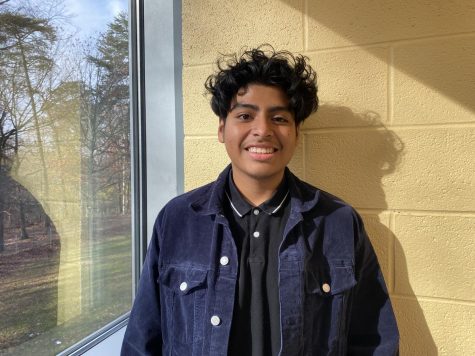
Johnny Martinez Duran is currently a senior at Parkdale and a proud member of the Paw Print. The great year of 2021 marks his first year of being a member...

